What Are Dental Implants?
Dental implants are replacement tooth roots. Implants provide a strong foundation for fixed (permanent) or removable replacement teeth that are made to match your natural teeth. Dental implants are made of titanium (a strong, lightweight metal) and other materials that are well accepted by the body. More than 5 million implants are placed each year by dentists in the United States.
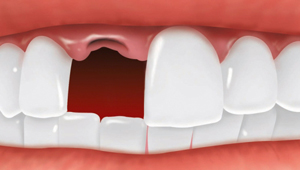
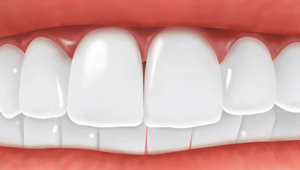
What Are the Advantages of Dental Implants?
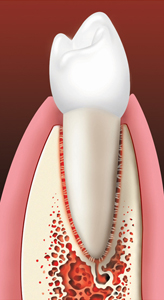 There are many advantages to dental implants, including:
There are many advantages to dental implants, including:
- Improved appearance. Dental implants look and feel like your own teeth. And because they are designed to fuse with bone, they become permanent.
- Improved speech. With poor-fitting dentures, the teeth can slip within the mouth causing you to mumble or slur your words. Dental implants allow you to speak without the worry that teeth might slip.
- Improved comfort. Because they become part of you, implants eliminate the discomfort of removable dentures.
- Easier eating. Sliding dentures can make chewing difficult. Dental implants function like your own teeth, allowing you to eat your favorite foods with confidence and without pain.
- Improved self-esteem. Dental implants can give you back your smile and help you feel better about yo
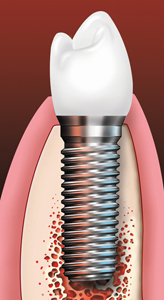 urself.
urself. - Improved oral health. Dental implants don’t require reducing other teeth, as a tooth-supported bridge does. Because nearby teeth are not altered to support the implant, more of your own teeth are left intact, improving long-term oral health. Individual implants also allow easier access between teeth, improving oral hygiene.
- Durability. Implants are very durable and will last many years. With good care, many implants last a lifetime.
- Convenience. Removable dentures are just that; removable. Dental implants eliminate the embarrassing inconvenience of removing dentures, as well as the need for messy adhesives to keep them in place.
How Successful Are Dental Implants?
Success rates of dental implants vary, depending on where in the jaw the implants are placed but, in general, dental implants have a success rate of up to 98%. With proper care, implants can last a lifetime.
Implant-Supported Bridges and Dentures
Dental implants can be used to support a bridge when several teeth are missing. The implant-supported bridge replaces the lost natural teeth and some of the tooth roots. Unlike traditional bridges, an implant-supported bridge does not need support from the teeth next to it.
If you are missing all of your teeth, an implant-supported denture can replace the missing teeth and some of the tooth roots. Because the dental implants integrate (or “fuse”) with the jawbone, an implant-supported denture tends to be comfortable and stable, allowing you to bite and chew naturally.
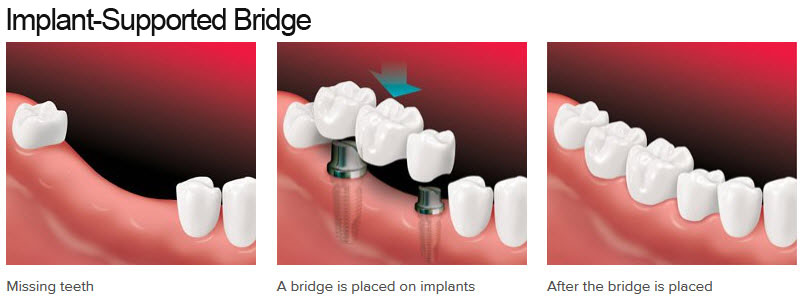

Screw Retained Implants
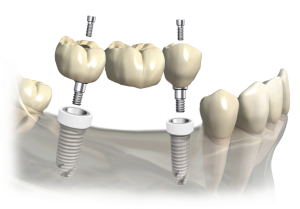 Today, many clinicians are utilizing screw retained options and achieving excellent results, including ease of insertion and reduced costs. Simply stated: Insert the restoration, torque the screw, seal the access hole and you’re done. Using this screw retained approach allows for excellent retrievability when necessary, and eliminates the possibility of excess cement remaining in the sulcus which can lead to peri-implantitis.
Today, many clinicians are utilizing screw retained options and achieving excellent results, including ease of insertion and reduced costs. Simply stated: Insert the restoration, torque the screw, seal the access hole and you’re done. Using this screw retained approach allows for excellent retrievability when necessary, and eliminates the possibility of excess cement remaining in the sulcus which can lead to peri-implantitis.
When considering a treatment plan utilizing screw retained restorations, it is best to communicate this with your surgeon before the implants are placed. Optimal positioning of the implants will take into account the screw access hole of the final restoration and the path of insertion dictated by the adjacent teeth.
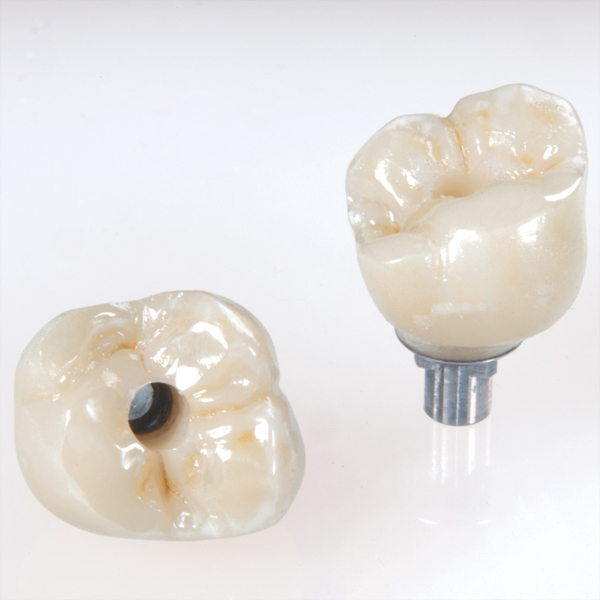 Please note that depending on the implant angulation, the screw access hole can create limitations. Vertical height can also be a concern when using a screw retained restoration. A minimum of 3mm is needed for optimum bonding of crown to interface. Call us today at (631) 752-2929 with any questions or comments. We are here to help.
Please note that depending on the implant angulation, the screw access hole can create limitations. Vertical height can also be a concern when using a screw retained restoration. A minimum of 3mm is needed for optimum bonding of crown to interface. Call us today at (631) 752-2929 with any questions or comments. We are here to help.


